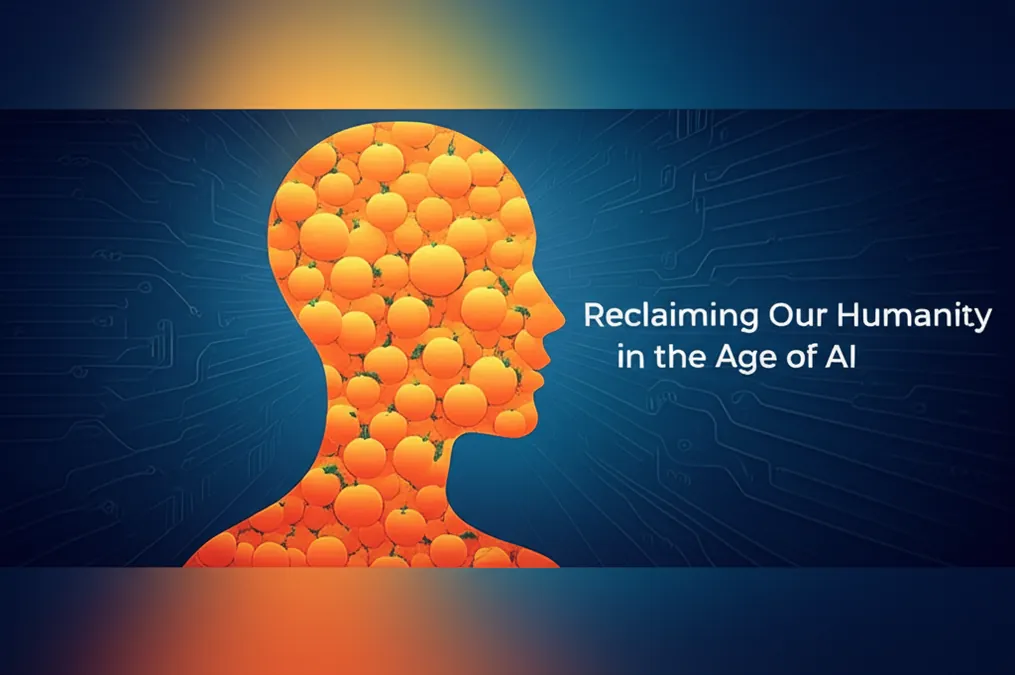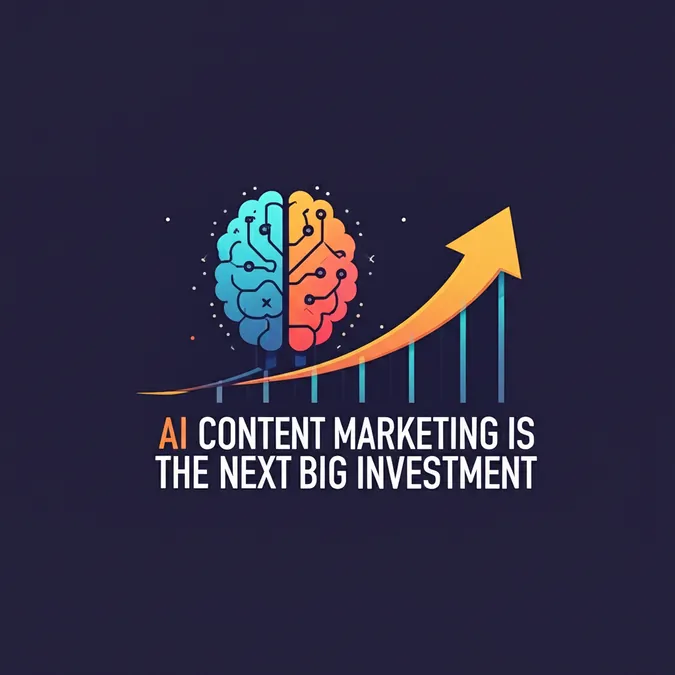Developer Offer
Try ImaginePro API with 50 Free Credits
Build and ship AI-powered visuals with Midjourney, Flux, and more — free credits refresh every month.
How AI Is Reshaping Student Mental Health
The Rise of AI in the Classroom
Artificial intelligence, led by powerful platforms like ChatGPT, is rapidly reshaping the academic landscape. This technological wave is influencing everything from how courses are taught to how students conduct research. A central point of discussion, as highlighted in a detailed Forbes analysis, is the profound impact of these tools on student mental health. The integration of AI in education presents a classic double-edged sword. On one side, it offers personalized learning experiences and can help alleviate the stress of heavy workloads by streamlining tasks. On the other, it introduces new pressures and potential pitfalls, such as a decline in critical thinking skills and increased feelings of isolation as students may interact less with their peers and instructors.
Expert Opinions: A Delicate Balancing Act
Experts from technology and education are actively debating the best way to move forward. The consensus is that while AI offers tremendous potential, its implementation requires careful planning and ethical oversight. Professionals warn that without proper guidance, AI tools could foster dependency, potentially eroding students' self-reliance and resilience. The key, they argue, is to frame AI as an assistant, not a replacement for fundamental learning processes. This calls for a collaborative effort between educators, mental health professionals, and technology developers to establish guidelines that prioritize student wellbeing alongside academic innovation. As one Forbes report suggests, creating this balance is crucial to harness AI's benefits without harming students.
Public Reactions: A Mix of Hope and Concern
The introduction of AI into schools has generated a spectrum of reactions from the public, parents, and educators. Many are enthusiastic, viewing these tools as a way to democratize education, providing students with instant support and access to vast knowledge. Proponents celebrate the potential for AI to create more inclusive and engaging learning environments. However, this optimism is met with significant concern. Critics worry about an over-reliance on technology, which could undermine critical thinking and problem-solving skills. Furthermore, discussions on social media and in academic forums frequently raise issues of data privacy, security, and the ethical use of student data, as explored in this Forbes article. This has led to widespread calls for strong policies to ensure AI is deployed responsibly.
Future Implications for Education
Looking ahead, AI's role in education is set to expand, transforming teaching methods and student engagement. A primary challenge will be to ensure this technological progress supports, rather than hinders, mental health. One major concern is the potential for a wider "digital divide," where unequal access to these advanced tools could deepen educational disparities. Institutions must work to provide equitable access for all students. Additionally, schools and universities face the task of redefining academic integrity. Robust policies are needed to address AI-assisted plagiarism and ensure students are still the authors of their own work. Ultimately, success will depend on fostering a culture where both educators and students are trained to use AI critically. The goal is to leverage it as a powerful companion for learning while preserving the irreplaceable value of human creativity, critical thought, and emotional intelligence, a sentiment echoed in expert discussions.
Compare Plans & Pricing
Find the plan that matches your workload and unlock full access to ImaginePro.
| Plan | Price | Highlights |
|---|---|---|
| Standard | $8 / month |
|
| Premium | $20 / month |
|
Need custom terms? Talk to us to tailor credits, rate limits, or deployment options.
View All Pricing Details

